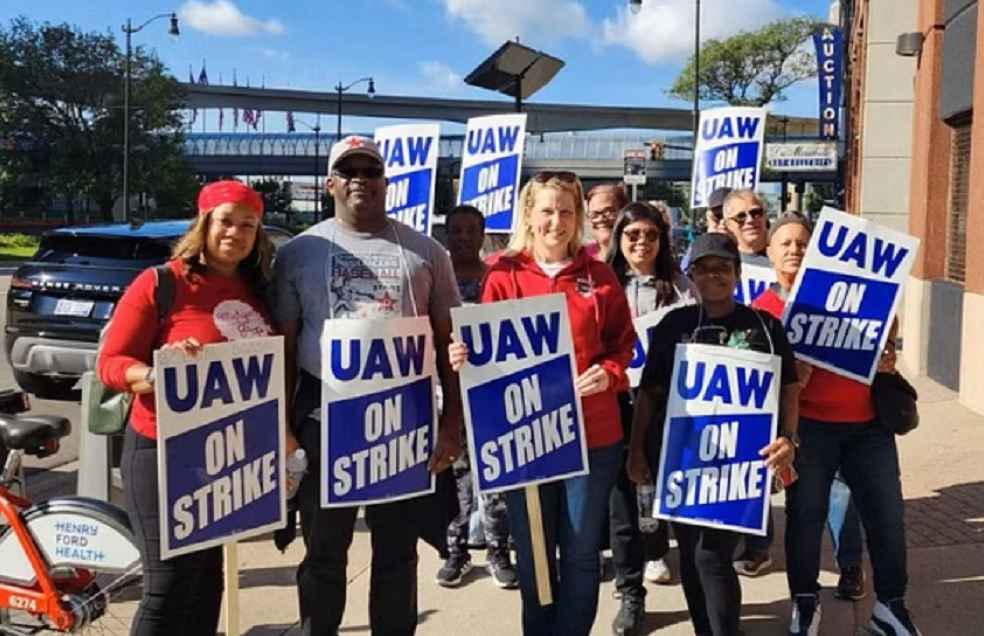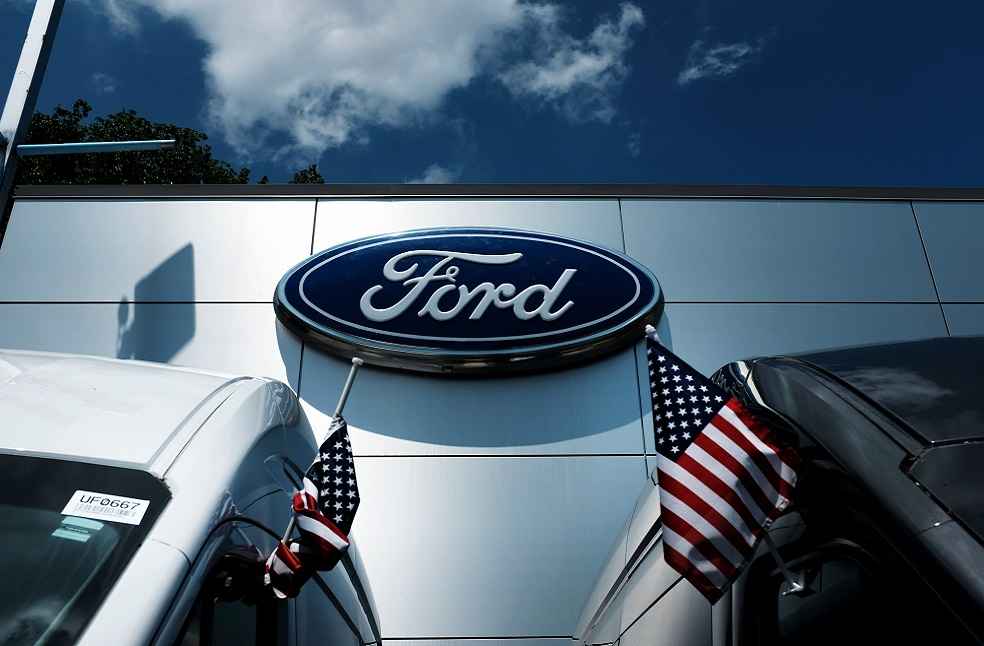Canadian auto workers have embraced a groundbreaking three-year contract with the Ford Motor Co. of Canada, marking a significant stride amidst the ongoing labor discord in the United States.
Unifor, the union representing the Canadian workers, heralded the deal, which encompasses substantial wage hikes, a signing bonus, and the reinstatement of a cost-of-living allowance. This comes as American auto workers under the United Auto Workers (UAW) union persist in their strike, rallying for better wages and working conditions.

In a statement disclosed on Sunday, Ford lauded the pact as “historic”, underscoring it as the company’s largest wage augmentation in its Canadian domain to date. The agreement comes as a breath of fresh air in the tense labor atmosphere, especially when juxtaposed against the ongoing strike actions south of the border where UAW members continue to demand better pay and conditions from major automakers including Ford, Stellantis, and General Motors.
The contract, which was fervently ratified, promised a 10% wage increment in the first year, trailed by 2% and 3% hikes in the subsequent years, as per the union’s disclosure on Saturday. A notable feature of the new accord is the expedited progression of newly hired workers to the top of the pay scale – now achievable in four years as opposed to the previous eight, with a notable hourly wage jump to $42.39 from the initial $29.67.

Moreover, the deal sweetens the pot with a $10,000 productivity and quality bonus for all permanent employees, alongside a $4,000 bonus for temporary staff. Unifor revealed that the agreement also augments the basic monthly benefit and special allowance across all class codes within defined benefit and hybrid pension plans. Senior employees are eyeing wage escalations ranging from 19% to 25% over the contract term, depending on job type.
A pivot towards green technology is also enshrined in the agreement, with Ford reaffirming its pledge to metamorphose its Oakville facility into an electric vehicle assembly plant, with operations kick-starting in 2025.
While celebrations ensue in Canada, the scenario is quite stark in the U.S. The enduring UAW strike, now on its 10th day, continues to reverberate through the auto industry, with nearly 18,600 workers on strike across three auto plants and 38 parts distribution centres. The ripple effects of this strike are anticipated to ricochet through the supply chain, potentially idling some parts suppliers in Canada if the discord prolongs.

U.S. President Joe Biden is slated to visit a picket line in Michigan on Tuesday, manifesting support for the ongoing labor movement. As the UAW holds its ground on demands for a 36% wage surge over a four-year term, a truncated workweek, and the cessation of tiered wages, the contrasting labor landscapes between the neighboring nations become increasingly pronounced.
This new contract between Ford and Unifor not only sets a precedent in Canada but subtly echoes across the border, spotlighting the diverging paths the auto industry labor negotiations are taking amidst a critical transformation period in the automotive sector.
KNOWLEDGE | Netherlands’ Eco-Runner XIII Sets ‘Hydrogen Car World Record’





